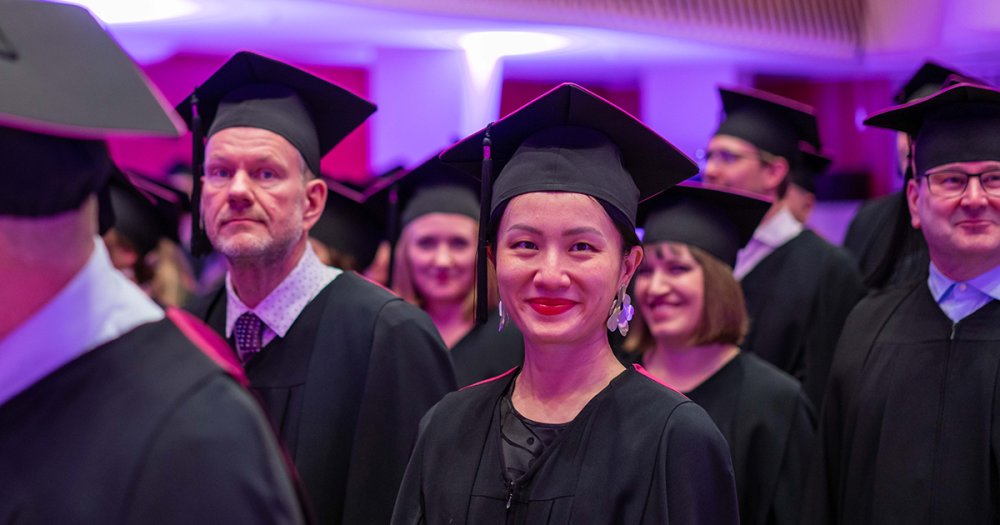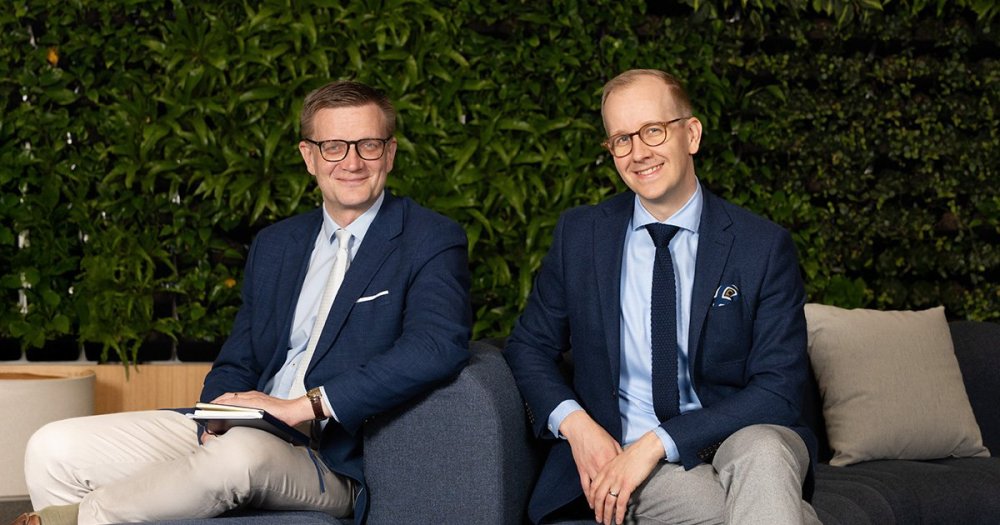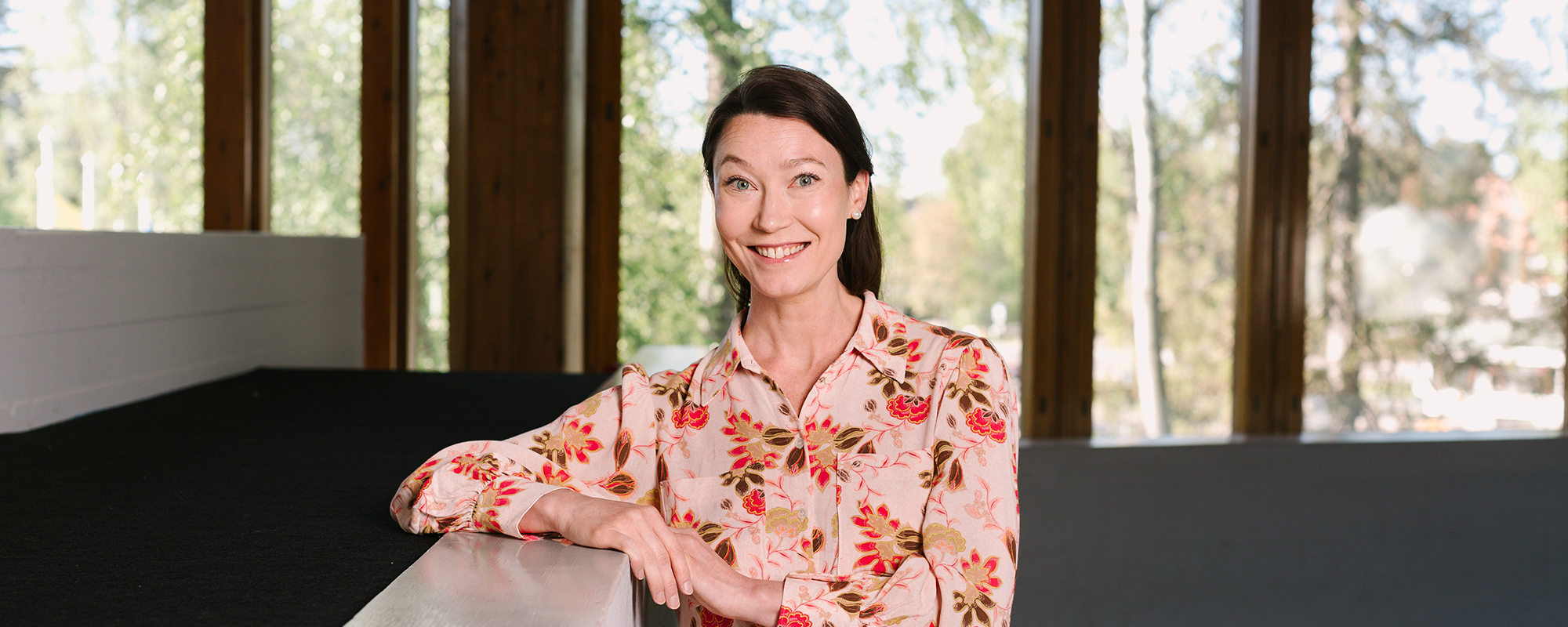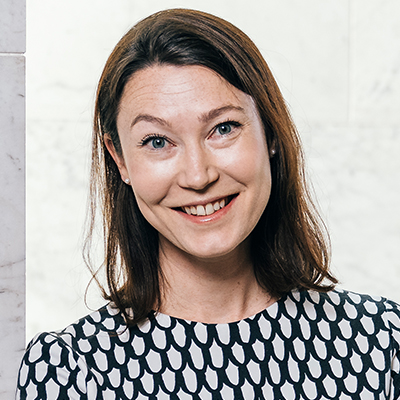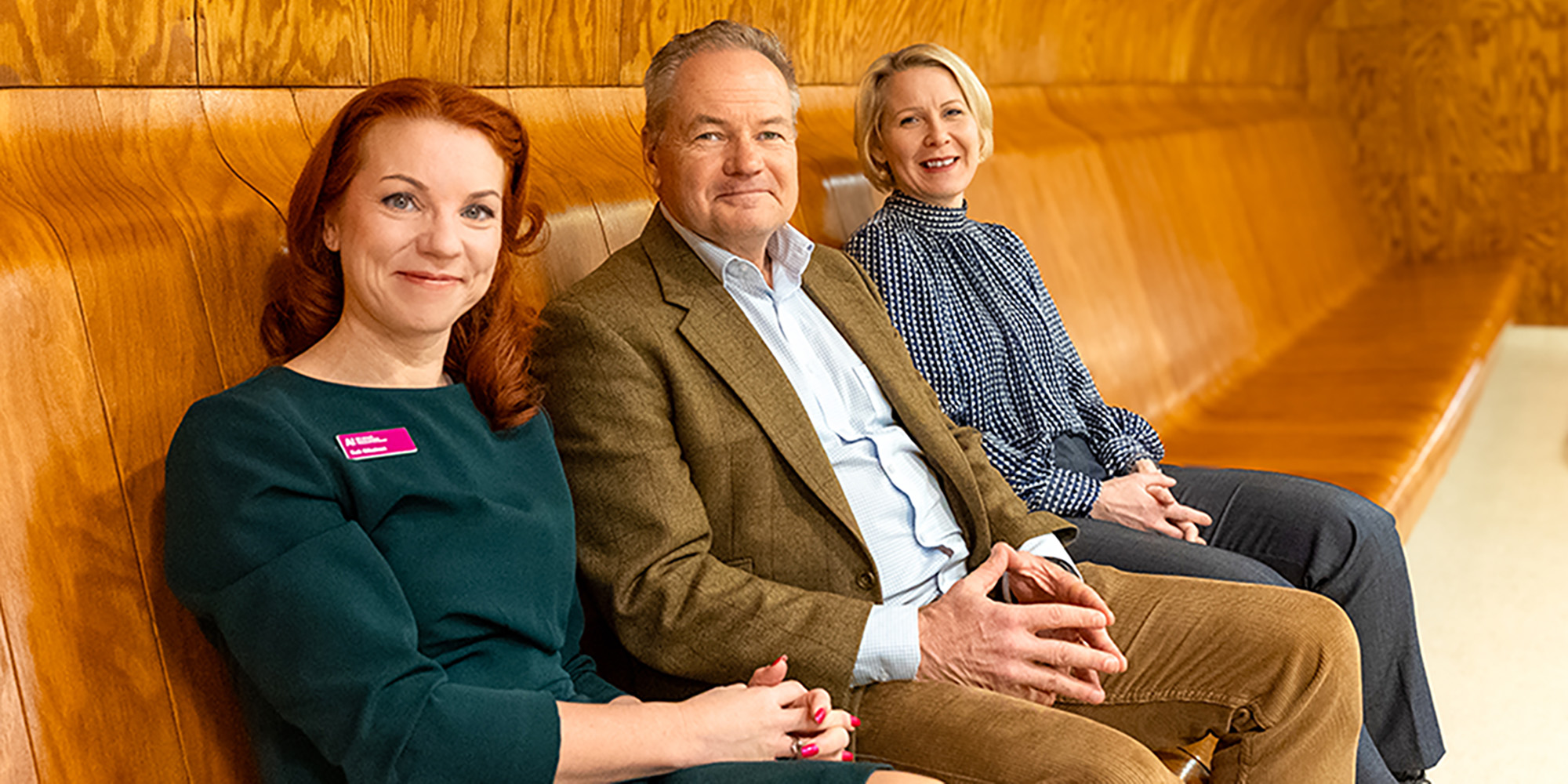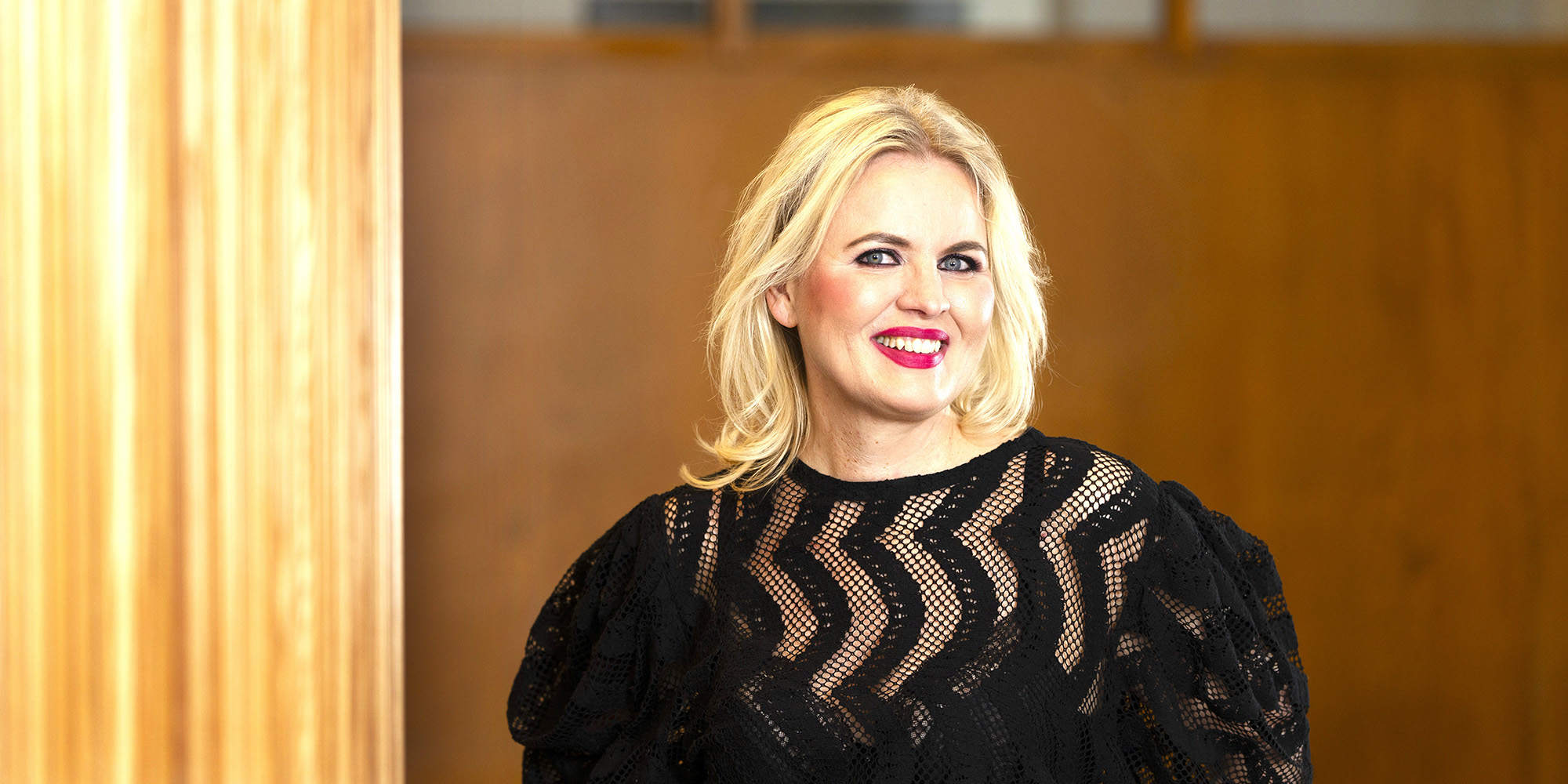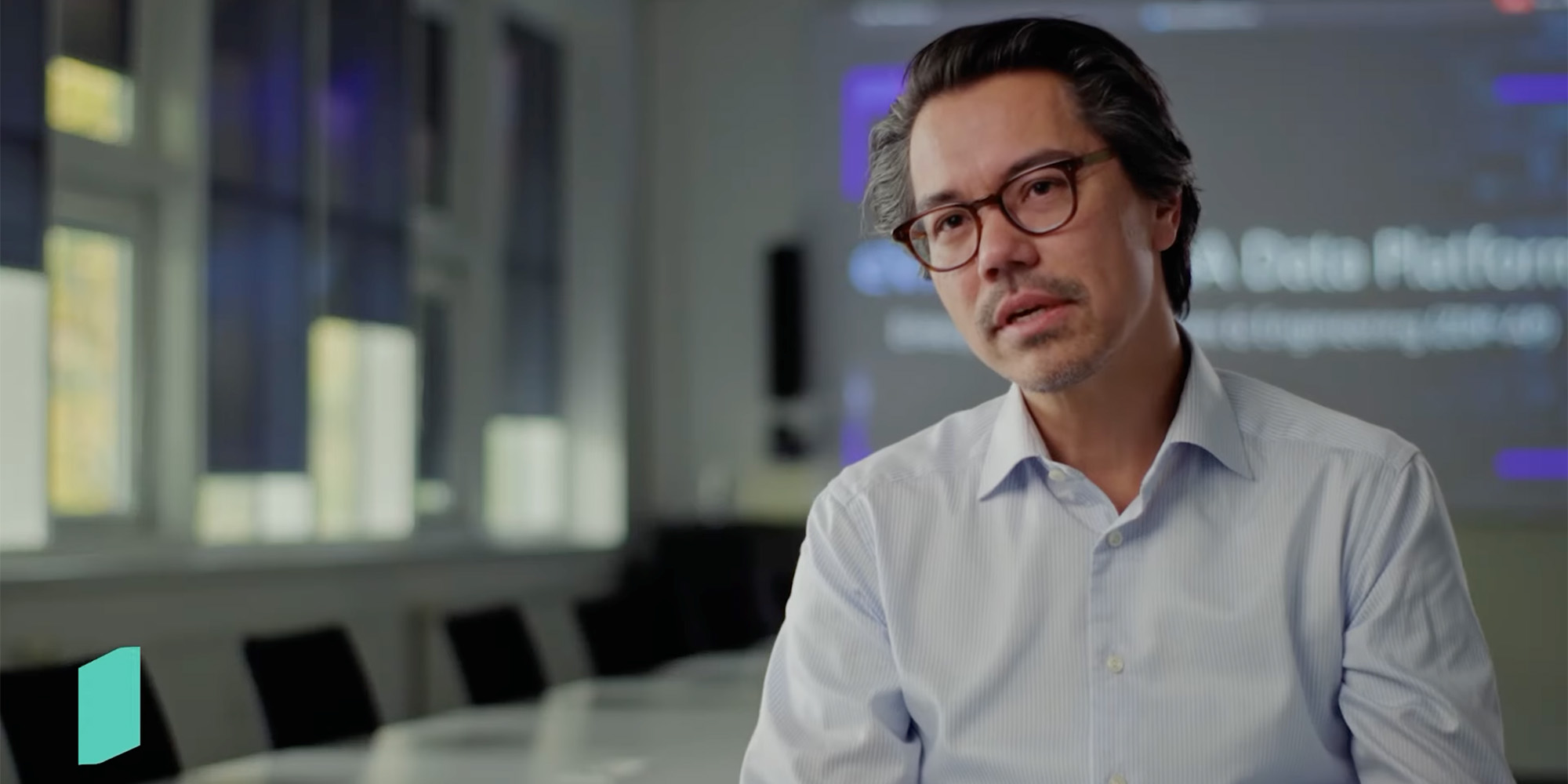Getting the Basics Right – Freedom and Agency within Structures
For me, as a Professor in Leadership for Creativity, leading for radical creativity is ultimately about creating the best possible conditions for employees to be creative and fostering a culture where everyone feels a sense of agency and responsibility for "doing" creativity in their everyday work. This is a leadership question: If we want to cultivate an open, entrepreneurial mindset of "can do," where each and every employee is empowered to make creative decisions, challenge the status quo, and ask "What if?" or "Have we thought about that...?" within the structures they operate in, we first need to get the basics right, so to speak.
This means asking key questions: What is the core of our business? Do people really know what’s expected of them? Recognizing that employees often have great ideas emerging from their daily work, do we have systems in place to collect, evaluate, and leverage those ideas? Are we fully aware of the innovation resources we have at our disposal? Are we making sure that people from different teams—like R&D, marketing, sales, and design—collaborate early, exchange ideas, and co-create visions for the future? How do we "loop in" experts into different creative processes early on? Creativity thrives in encounters and dialogues, where things are figured out collectively through back-and-forth exchanges. Therefore, we need to bring different voices together to spark and integrate innovation.
Democratizing Radical Creativity – Building a Culture of Deeper Creativity
We know that ideas are the heartbeat of an organization, yet most novel ideas in organizations die from subtle neglect, the daily whirlwind, lack of care, and a culture that is somewhat unsupportive. Additionally, we are often poor at identifying radically innovative ideas. From a leadership perspective, we must think about how to build cultures where unruly, "wild" ideas that challenge the status quo are genuinely respected. We need cultures of deeper creativity and time for reflection. From my perspective, this involves creating more ambitious cultures, where leaders are certain that their employees feel a deep sense of trust and support, a shared vulnerability in sharing ‘half-baked ideas’, while gently pushing them forward. It is the combination of genuine care and ambition that can propel Finnish companies toward more sustainable growth and relevance. This requires leadership that values all different opinions, but is also skilled at making informed decisions; a global mindset; openness to the world; and living the culture — thinking more "we" and less "me."







